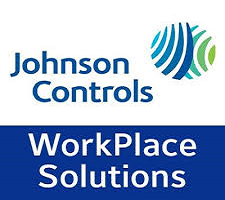October 9, 2014
BCO announces winners of national awards for Britain’s best workplaces
 The BCO has announced the winners of its prestigious annual National Awards to honour what it considers Britain’s best workplaces. The overall winner was Number One Riverside in Rochdale (above). The office, home to Rochdale Metropolitan Borough Council, was also recognised as the Best Corporate Workplace in the UK, and topped a list of six other award winners recognised for excellence in office space. Number One Riverside was singled out by the judges for its consolidation of the Council’s estate from 33 buildings into one. The project is also the centrepiece for the first phase of a major regeneration in the borough of Rochdale, ‘providing a new civic office that promotes new ways of working and creates a sense of community, engagement and social transparency.’ The building was commended by the judges for its incorporation of a range of public space alongside the workplace, including a library and cafe and customer service facilities.
The BCO has announced the winners of its prestigious annual National Awards to honour what it considers Britain’s best workplaces. The overall winner was Number One Riverside in Rochdale (above). The office, home to Rochdale Metropolitan Borough Council, was also recognised as the Best Corporate Workplace in the UK, and topped a list of six other award winners recognised for excellence in office space. Number One Riverside was singled out by the judges for its consolidation of the Council’s estate from 33 buildings into one. The project is also the centrepiece for the first phase of a major regeneration in the borough of Rochdale, ‘providing a new civic office that promotes new ways of working and creates a sense of community, engagement and social transparency.’ The building was commended by the judges for its incorporation of a range of public space alongside the workplace, including a library and cafe and customer service facilities.























October 6, 2014
Two-fifths of global employees would choose flexible working over a payrise
by Sara Bean • Comment, Flexible working, News, Workplace